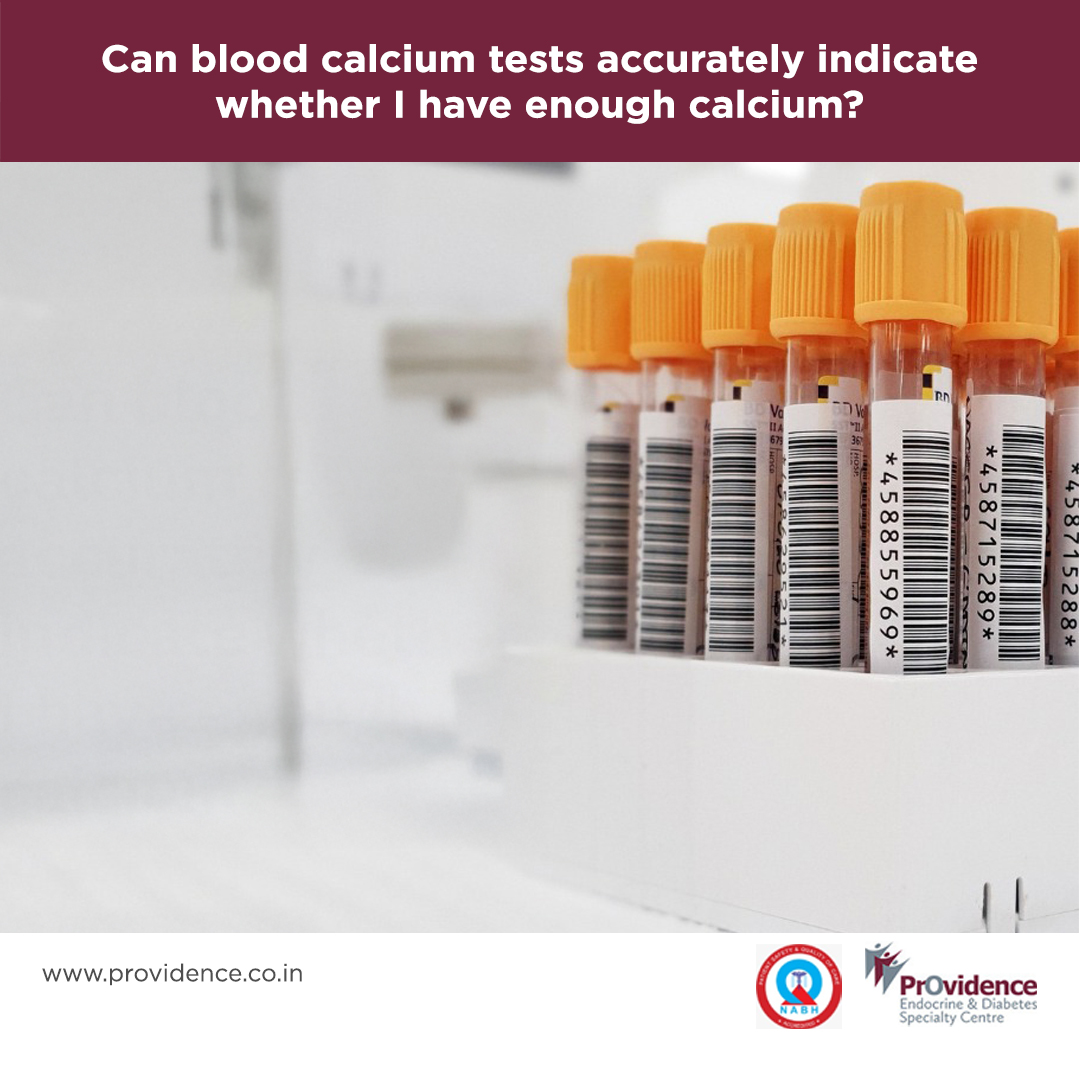Calcium is an essential mineral for our body. While most of the calcium (99%) is stored in the bones and teeth, only about 1% is found in the blood. A blood calcium test shows how much calcium is in your blood, but it doesn’t always reflect your overall calcium status or bone health.
🔹 High blood calcium usually means too much parathyroid hormone, vitamin D, or related substances, which draw calcium from your bones or increase absorption from your diet.
🔹 Low blood calcium may indicate a deficiency of parathyroid hormone or vitamin D, or that their effects on bones and the digestive system are not working properly.
🔹 Normal blood calcium simply means your body is keeping a balance between calcium coming into your blood (from bones and foods) and being removed by the kidneys.
How to know if you have enough calcium?
1. Make sure your diet contains enough calcium – a dietician can help you with this.
2. A 24-hour urine calcium test – low levels often mean you are not getting enough calcium.
3. Check your bone and kidney health.
4. Keep your Vitamin D levels adequate.
5. Ensure good kidney function and normal phosphorus levels.
Simply checking blood calcium isn’t enough to fully assess calcium status.
If you suspect a calcium deficiency, it’s best to consult an endocrinologist.
Mrs. Manju M.J, Msc



